

Stephen Law
What Am I Doing With My Life?
Late night internet searches answered by the great philosophers

Contents
About the Author
Stephen Law is a philosopher, academic, and all-round polymath. He has written a number of bestselling introductions to philosophy for both adults and children including The Philosophy Files, The Philosophy Gym and A Very Short Introduction on Humanism.
He is a public speaker and has written for the Guardian, Independent on Sunday, Mail on Sunday, the Sydney Morning Herald, The Times, Newsweek, Aeon, and New Scientist magazine. He teaches at the University of London.
By the same author
The Great Philosophers
The Complete Philosophy Files
Believing Bullshit
Humanism: A Very Short Introduction
The War for Childrens Minds
The Philosophy Gym
For Taryn.
Introduction
There was a time when, after a hard days harvest-gathering, hunting, or weaving, we would gaze up at the heavens and soberly ask ourselves a few searching questions. We would ask about the meaning of life, and whether there is more to life than this. We would ask ourselves whether we were good or bad people. We would wonder why good people suffer. And we would agonise about whether wed made the right decision.
Nowadays, late at night, after a hard days work in the office, were rather more likely to be on the internet, Googling. And yet, interestingly, were still asking many of the same questions.
The autocomplete answers offered by internet search engines are a good indicator of the kind of questions people are typing in. Put What am I do into Google and the first suggestion is What am I doing with my life? Other autocomplete questions include: Is there more to life than this?, Am I a good person?, Does my life have meaning?, Why do good people suffer?, and Am I going to hell?
This is a book of such questions. Most are actual autocomplete questions provided by Google. All of them are the kind of take-a-step-back questions we tend to ask when we have a little time on our hands to reflect and take stock.
Some of the questions are pretty obviously philosophical. Theyre the same questions that the so-called Great Philosophers such as Socrates, Aristotle, and Kant pondered. Even when the questions are not obviously philosophical, it turns out that philosophy can often provide some useful insight. Sometimes a little philosophical clarification can help clarify exactly what it is were asking. Sometimes knowledge of one or two philosophical arguments or concepts can help us make some real progress in providing answers to our questions.
In a way, this is a self-help book. Its a book that shows how philosophy including, in many cases, philosophical ideas and insights from the Greats can help us figure things out for ourselves. Its not a book that just drops the answers into your lap so that you wont have to think about the questions anymore. Youll need to apply your own intellectual and emotional intelligence to figure out the answers, but my hope is that, having read this book, youll be much better equipped to do that. Its a book that aims to help you think better, by providing many of the philosophical insights, thinking tools, and useful distinctions that you would pick up on a good introductory undergraduate philosophy course. I hope you will discover that, far from being irrelevant to everyday life, a little experience of philosophy is extraordinarily useful when tackling the often serious and important questions that almost all of us ask ourselves from time to time.
Sometimes I attempt to supply an answer (though dont just accept it on my say-so: make up your own mind). Other times youll see that Im not sure about the answer. Quite often I do no more than provide a few pointers that I hope you will find useful. You can dip into the questions in any order that suits you as if you were Googling them yourself.
Stephen Law,
Oxford
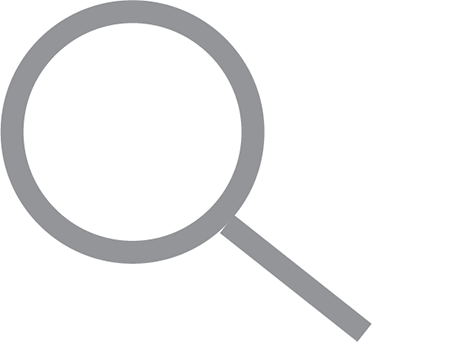
1. Why dont I have any friends?
Result
Most of us want friends . While a few prefer solitude and a hermit-like existence most of us value friendship greatly. Some value it above almost everything else. The Ancient Greek philosopher Aristotle (384322 BC ) insists a life without friends isnt worth living. Friendship, he says, is most necessary with a view to living for without friends no one would choose to live, though he had all the other goods. Another Ancient Greek, Epicurus (341270 BC ), maintains that friendship is essential for happiness: Of all the things that wisdom provides to help one live ones entire life in happiness, the greatest by far is the possession of friendship.
Supposing we lack friends, why is that, and what can we do about it?
Once you start wondering why you dont have any friends, various thoughts may pop into your head. One obvious thought is: Do I lack friends because I am unlikeable? But actually, plenty of rather unlikeable, indeed pretty awful, people seem to have close friends.
One sort of dislikeable person the gossip who enjoys finding fault in others can even be at an advantage when it comes to making friends. Its claimed that Alice Roosevelt Longworth (President Teddy Roosevelts daughter) had a pillow embroidered with the motto: If you cant say something good about someone, sit right here by me. Social psychologists confirm that sharing negative attitudes towards others helps bring people closer together.
Certainly, the tightest teenage friendship groups are often some of the most gossipy. Those on the inside may feel more tightly bound together if they are unpleasant towards, and ostracise, those outside. In short, it seems that being obnoxious is no obstacle to having friends.
Probably the most obvious explanation offered for why people dont have any friends is that theyre not putting themselves out there. If we are not placing ourselves into situations where friends can be made, then a lack of friends is more or less guaranteed. Still, even if we have a healthy social network and full social calendar, we might still feel that we lack true friends. Real friendship, we may feel, involves more than just having people we see on a regular basis at clubs, parties, and other gatherings. If thats our concern, if we find ourselves feeling lonely even in a room filled with other people, then perhaps we need to think about what real friendship involves.
Aristotle points to three different kinds of friendship, two of which are common, and one much more profound.
Some friendships, thought Aristotle, are based on their usefulness to us. They provide tangible economic, political or other advantages to us. For example, we may strike up friendships with people at work who can help us with our careers. Friendships based on their usefulness arent necessarily exploitative. The advantages gained can be reciprocal: Ill scratch your back and you scratch mine.
A second sort of friendship, thought Aristotle, is focused on pleasure: I may make friends with people who I find amusing, for example, or with whom I can play sport, or go drinking or to concerts, which I enjoy.
Next page
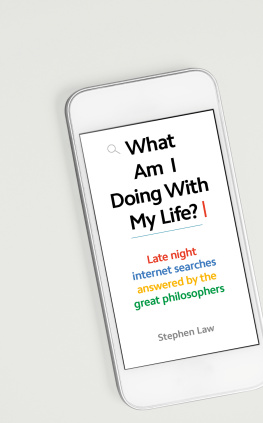
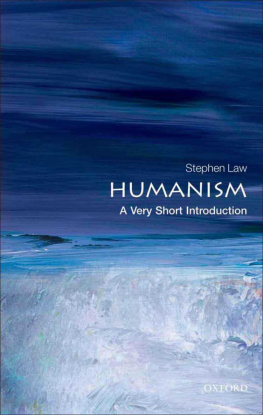
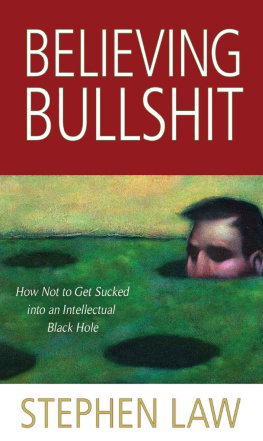
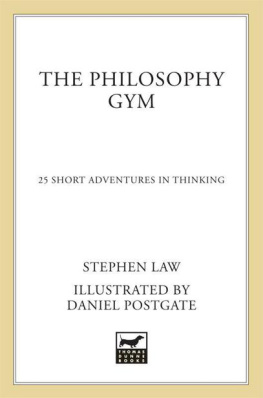

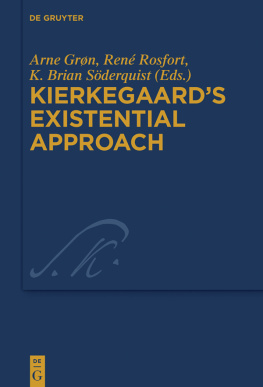
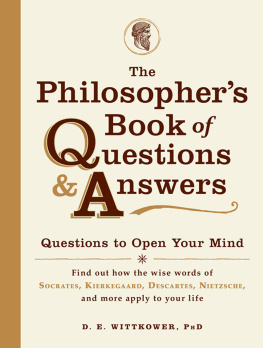

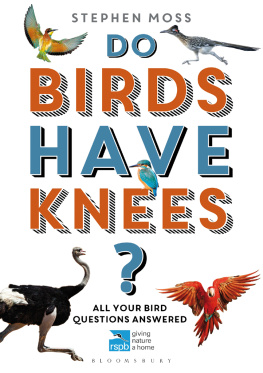




 1. Why dont I have any friends?
1. Why dont I have any friends?